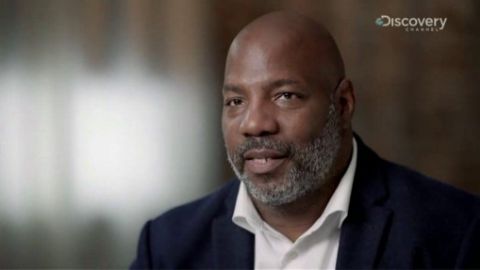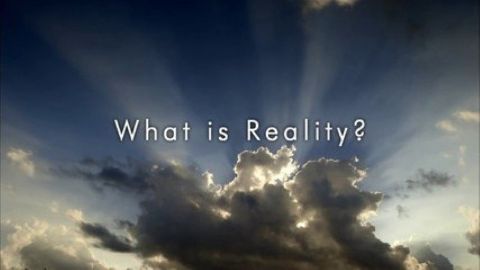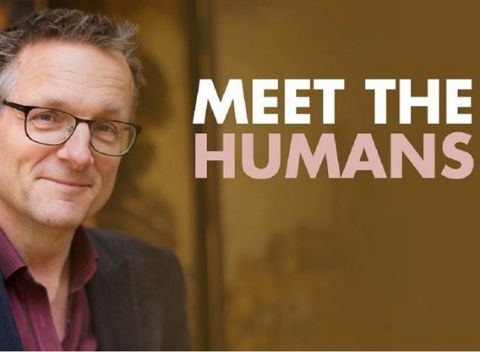Inside Our Autistic Minds • 2023
Chris Packham helps autistic people illustrate how their minds work, helping them connect with their friends and family in a new, more authentic way. Chapter 1: Since sharing his own autism diagnosis with the world, naturalist and presenter Chris Packham has been flooded with letters and emails from other autistic people, frustrated that their friends, families and co-workers don't understand them. And in this series, Chris wants to bridge the gap. By teaming up with top film-makers, graphic designers, animators and musicians, Chris helps a group of autistic people create short films to reveal to their family and friends how they're truly feeling inside – what's really going on in their autistic minds. He helps an autistic comedian reveal to her mum what's really going on inside her head, gives a non-speaking autistic man the chance to take his message to the world and visits the only state school in the country exclusively for autistic girls. Chapter 2: Chris meets Anton, a teaching assistant and trance DJ with a deep love of Middlesbrough FC, and Ethan, a 19-year-old student and aspiring rapper from Essex. He helps them make films to reveal to their friends and classmates how Anton feels about change and Ethan about hypersensitivity to noise. Chris also meets Dr Luke Beardon, an expert in autistic hypersensitivity, and Dr Punit Shah, who helps him to understand both Anton's restrictive and repetitive behaviours and Chris's own need for order in his life.
Make a donation
Buy a brother a hot coffee? Or a cold beer?
Hope you're finding these documentaries fascinating and eye-opening. It's just me, working hard behind the scenes to bring you this enriching content.
Running and maintaining a website like this takes time and resources. That's why I'm reaching out to you. If you appreciate what I do and would like to support my efforts, would you consider "buying me a coffee"?
Donation addresses
BTC: bc1q8ldskxh4x9qnddhcrgcun8rtvddeldm2a07r2v
ETH: 0x5CCAAA1afc5c5D814129d99277dDb5A979672116
With your donation through , you can show your appreciation and help me keep this project going. Every contribution, no matter how small, makes a significant impact. It goes directly towards covering server costs.





